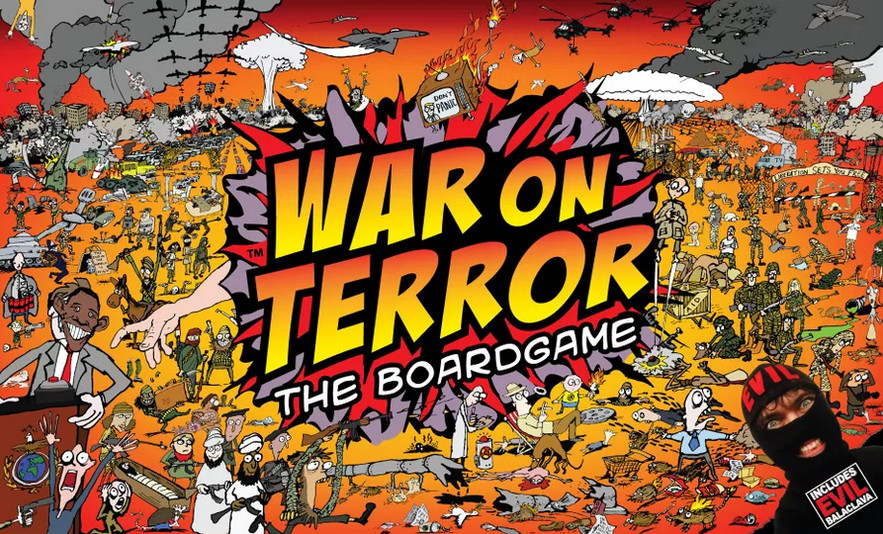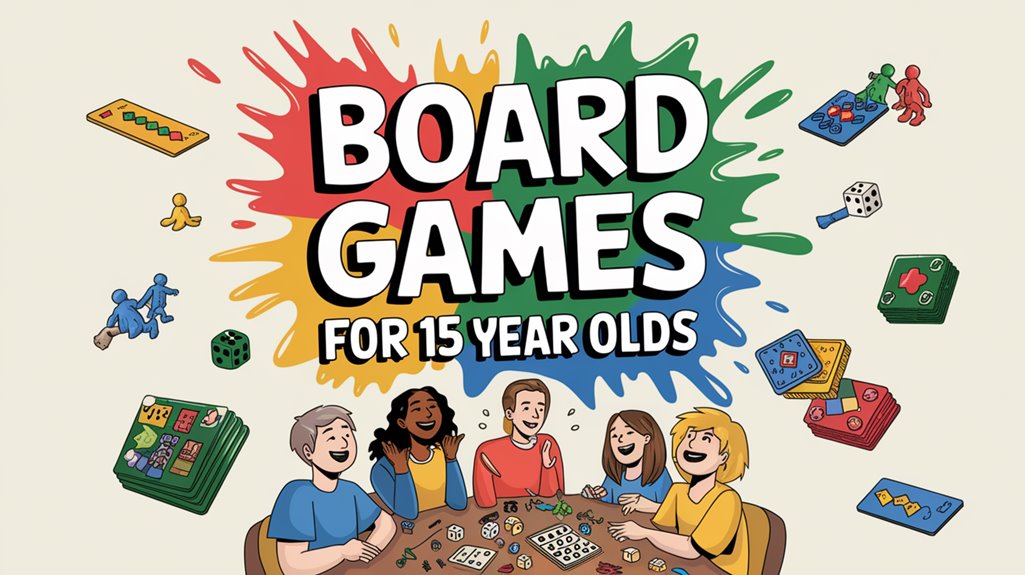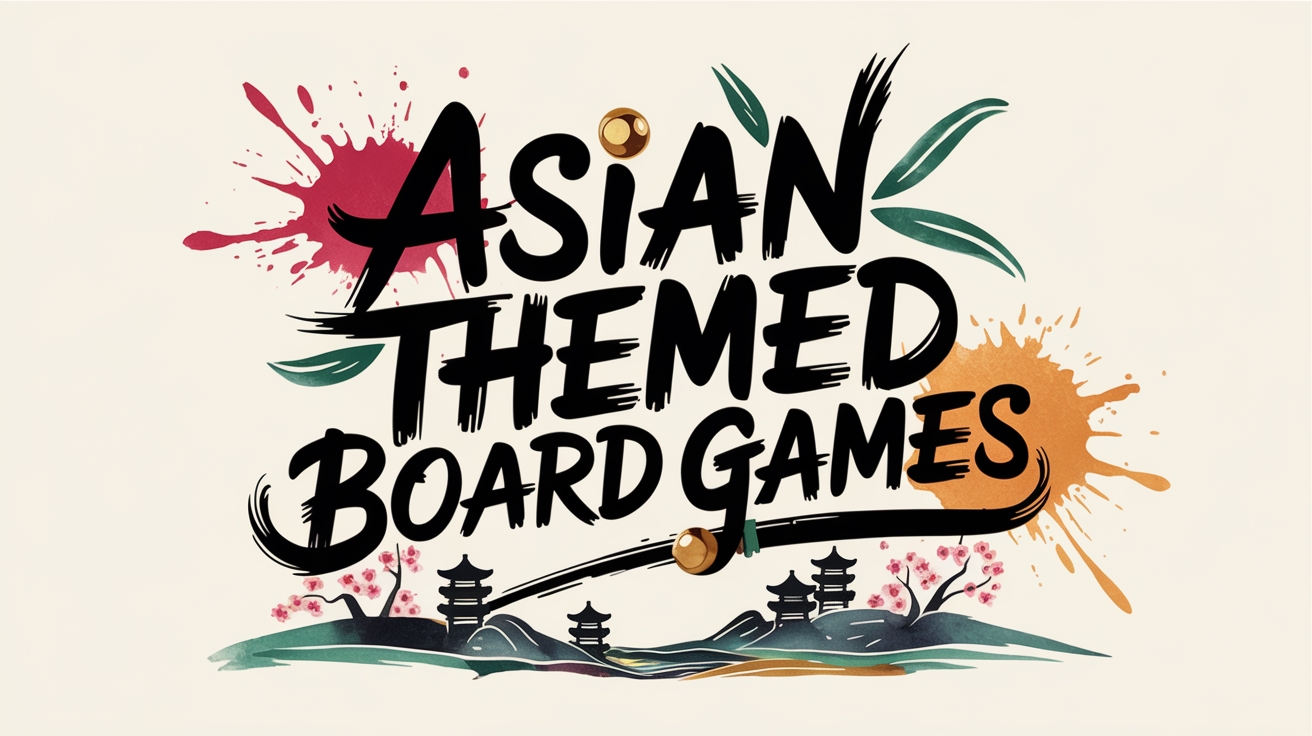Board games have long served as mirrors of society, but some titles push well beyond simple entertainment into deeply controversial territory. From games that tackled racial segregation in 1970s America to those that attempted to simulate historical atrocities, these tabletop experiences have sparked intense debate and even legal action. While some designers intended to educate or criticize social issues, others created games that were banned for promoting harmful ideologies. The intersection of play and serious subject matter raises important questions about responsibility in game design and the boundaries between educational value and exploitation.
Key Takeaways
- “Juden Raus!” represents one of history’s most controversial board games, created during Nazi Germany to normalize anti-Semitic ideologies.
- “Blacks & Whites” sparked debate by highlighting racial inequality through drastically different starting resources for players based on race.
- “Train” controversially engaged players in Holocaust themes, revealing midway that they were transporting people to concentration camps.
- “Scramble for Africa” received widespread criticism for trivializing European colonization and its devastating impact on African communities.
- “Monopoly” faced controversy beyond gameplay, leading to violence and legal battles over trademark rights and game ownership.
Games Promoting Racial Discrimination
Board game designers have historically approached racial discrimination in complex and sometimes controversial ways. Games like “Blacks & Whites” from 1970 attempted to educate players about racial inequality by implementing different rules for black and white players, incorporating elements like restricted housing zones and opportunity cards based on historical events. The game’s stark economic disparity was evident in the starting funds, with black players receiving $10,000 while white players began with $1,000,000.
Modern games continue to address these themes through more sophisticated approaches. “Inequality-opoly” simulates structural racism and sexism using identity cards that affect players’ experiences, from mortgage access to prison sentences. While these games aim to raise awareness and spark discussions, they require careful design to avoid perpetuating stereotypes. The University of Waterloo’s Racial Equity Board Game Showcase represents ongoing efforts to create games that effectively promote equity and inclusion while addressing complex social issues.
Historical Tragedies in Gaming
Beyond racial discrimination, game designers have ventured into even more challenging territory by creating games centered around historical tragedies. Games like “The Troubles” and “The Great Hunger” attempt to address sensitive historical events, while others, such as “Scramble for Africa,” have faced criticism for trivializing colonial violence and exploitation.
Perhaps most controversial was “Juden Raus!” a Nazi-era board game that promoted anti-Semitic actions, now preserved in historical societies as evidence of how games can be misused to normalize hatred. More recently, games like “Train” by Brenda Romero use historical tragedy thoughtfully to raise questions about moral choices and compliance with harmful systems. The development of such games requires designers to maintain a careful balance between replay value and historical authenticity.
These examples highlight the ongoing challenge game designers face in balancing historical accuracy with ethical considerations, especially when addressing sensitive topics from our past.
Violence and Social Commentary
Violence has emerged as a troubling intersection between board games and real-world behavior, with numerous documented cases of gaming disputes escalating into serious physical altercations. From Monopoly-related murders to armed threats over Battleship, these incidents highlight deeper societal issues that surface during competitive gameplay. Even games perceived as intellectual like chess have led to horrific outcomes, including a case where a man in Dublin was killed over a chess game dispute.
Board games have likewise served as platforms for social commentary and education, addressing sensitive topics through structured play:
- Games like Rise Up investigate activism and social movements
- The Cost examines industrial practices and worker rights
- Underground Railroad educates about historical struggles
- Suffragetto simulates women’s rights movements
However, some games have faced criticism for perpetuating harmful stereotypes, leading to public backlash and removal from shelves. This demonstrates the delicate balance between educational value and responsible representation in gaming content.
Legal Battles over Board Games
The legal terrain surrounding board games has witnessed numerous significant battles in courtrooms across the globe. Notable cases have shaped the industry’s understanding of intellectual property rights, particularly regarding copyright and trademark protection. In a landmark ruling, courts determined that game mechanics cannot be copyrighted, as demonstrated in the Legends of the Three Kingdoms case. Likewise, the Monopoly trademark dispute resulted in the term being declared generic, challenging Parker Brothers’ exclusive rights.
Contract disputes have likewise emerged, highlighted by The People’s Court case involving an Abbotsford woman’s successful legal battle over game rights. One notable case involved Golden Bell Studios, who faced multiple lawsuits in 2019 for contract breaches and fraud, establishing a reputation for predatory contracts in the board game community. Furthermore, several board games faced outright bans because of controversial content, with titles like Juden Raus and Serial Killer being removed from circulation in various countries, demonstrating the complex intersection of creative freedom and legal constraints.
Teaching through Controversial Themes

Modern educators increasingly recognize controversial board games as powerful teaching tools that can spark meaningful discussions about complex social issues. These games provide an interactive platform for exploring sensitive topics while developing critical thinking skills and encouraging understanding of different perspectives. Case studies have shown that games like “War On Terror” demonstrate the effectiveness of using controversial themes to teach complex geopolitical concepts.
- Games serve as simulators for real-world debates, allowing students to engage with controversial themes in a structured environment.
- Strategic gameplay helps develop analytical skills while addressing societal issues through meaningful interaction.
- Board games create opportunities for cross-disciplinary learning, connecting historical events with current controversies.
- Interactive gameplay promotes civil discourse and conflict management skills crucial for discussing sensitive topics.
Using board games as educational tools helps overcome traditional classroom limitations while addressing time constraints and potential censorship concerns. This approach combines engagement with substantive learning, making complex topics more accessible to students.


